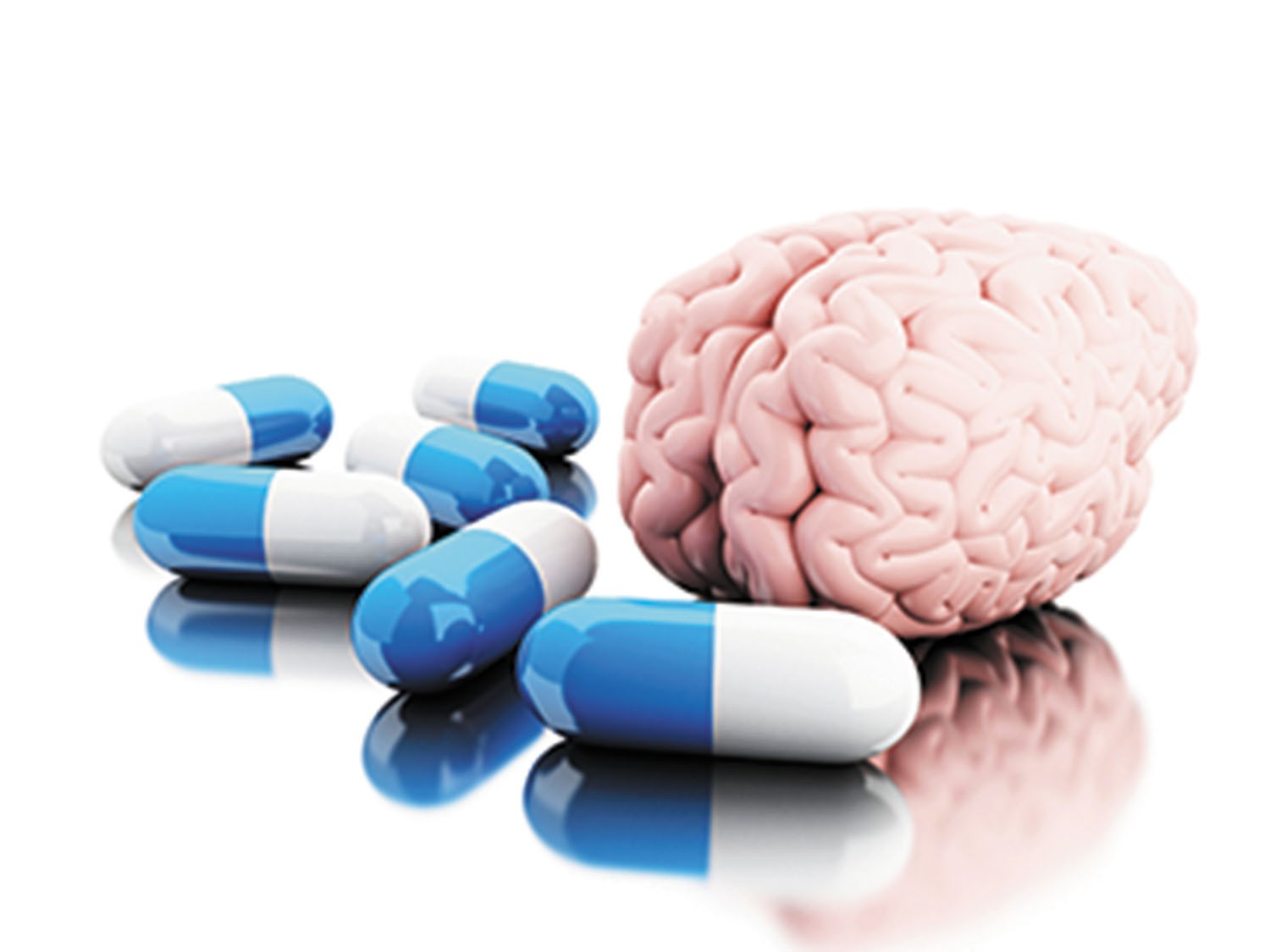Forget those quick-fix pills promising a sharper mind. It’s tempting to reach for over-the-counter products that claim to boost memory and focus, and a recent survey indicates about 25% of adults over 50 are doing just that, hoping for enhanced brain health through supplements.
However, the reality check is this: there’s currently no strong scientific evidence to prove that these Brain Food Supplements actually deliver on their promises.
One of the primary concerns with over-the-counter supplements is the limited regulatory oversight. The FDA doesn’t routinely evaluate these products for effectiveness or ingredient accuracy. Their focus is mainly on supplements making claims to treat specific diseases. In the realm of brain health, this loophole allows supplement manufacturers to market products for mental alertness or memory enhancement – but they cannot claim to prevent or treat conditions like dementia or Alzheimer’s disease. This regulatory environment means manufacturers aren’t compelled to substantiate claims about their product’s efficacy as a brain food supplement.
The Nutrient Combination Question
Many brain food supplements highlight ingredients like omega-3 fatty acids (often from fish oil), vitamin E, various B vitamins, or combinations thereof. This focus stems from the well-documented cognitive benefits associated with certain diets, notably the Mediterranean, DASH, and MIND diets.
These diets are rich in foods containing these vitamins and minerals. Yet, it remains unclear whether the beneficial effects come from the synergistic combination of nutrients within these diets, specific nutrients in particular amounts, or other contributing factors. Researchers have been investigating the impact of individual nutrients on cognitive health to answer these questions. However, studies to date have largely failed to demonstrate significant benefits from isolated supplements, with only a few exceptions.
It’s crucial to understand that the lack of definitive evidence doesn’t automatically negate the potential of brain food supplements. Rather, it signifies a current gap in robust scientific backing from randomized clinical trials – the gold standard in research – specifically for isolated vitamins or minerals and their direct impact on brain health as supplements.
Let’s break down the current scientific understanding regarding some popular components of brain food supplements.
Omega-3 Fatty Acids (Fish Oil)
Omega-3s are categorized into three main types: eicosapentaenoic acid (EPA) and docosahexaenoic acid (DHA), predominantly found in fatty fish like salmon and mackerel, and alpha-linolenic acid (ALA), present in leafy greens (Brussels sprouts, spinach), vegetable oils (canola, soybean), and nuts and seeds (walnuts, flaxseeds).
The body can convert ALA into EPA and DHA, but this conversion is inefficient. Therefore, consuming fatty fish remains the most effective way to obtain substantial amounts of EPA and DHA.
Omega-3s are crucial for building brain cell membranes and possess anti-inflammatory and antioxidant properties, potentially safeguarding brain cells.
Fish is a cornerstone of brain-healthy diets like the Mediterranean and MIND diets. Studies have linked higher fish consumption to a reduced risk of cognitive decline. However, omega-3 supplements haven’t replicated these outcomes. It appears the cognitive benefits are tied to consuming fish itself, not solely to taking fish oil supplements as brain food supplements.
 Ginkgo biloba leaves
Ginkgo biloba leaves
Ginkgo Biloba: A Leaf of Doubt for Brain Boost
Traditional Chinese medicine utilizes the fan-shaped leaves of the ginkgo tree for various treatments. In the US, ginkgo biloba extract is marketed as a supplement, often touted as a memory enhancer and brain food supplement. However, similar to other brain health supplements, scientific evidence doesn’t validate these claims.
The Ginkgo Evaluation of Memory (GEM) study, a significant clinical trial, investigated this link. Researchers enrolled over 3,000 older adults (average age 79, 54% men) with normal cognitive function or mild cognitive impairment. Participants received either 120 milligrams of ginkgo or a placebo twice daily for roughly six years. This dosage was based on prior research. The study concluded that ginkgo biloba did not decrease the overall incidence of dementia.
Rethinking Brain Food Supplements
Given the lack of strong evidence, why do brain food supplements remain popular? A major factor is convenience. Popping a pill is often perceived as easier than committing to long-term lifestyle changes. However, for genuine, lasting benefits to memory and brain health, investing in regular exercise and adopting a plant-based diet are far more impactful than any brain food supplement.
Image: nicomenijes/Getty Images
